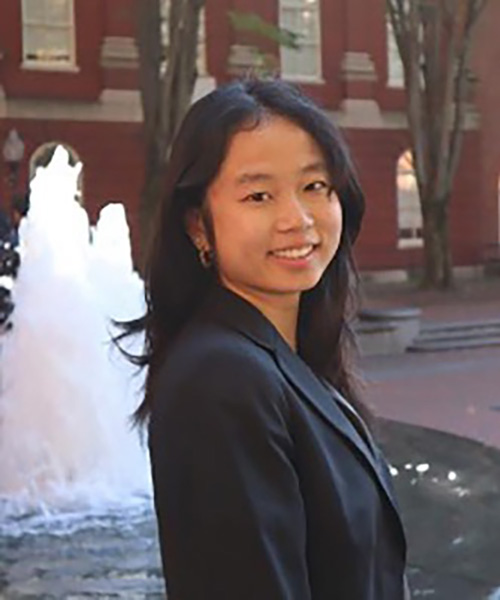
Beyond the Headlines: Bridging Divides through Dialogue
Zifei Zhao | May 15, 2025
Responding To: Georgetown Students Reflect on Virtual Exchanges with Tsinghua University
Drew Zacharias
The U.S.-China relationship has become a defining feature of the twenty-first century international system, spanning issues from business and trade to technology, climate change, and peace and security. However, the evolution of this relationship has increasingly been characterized by tension and competition, moving away from the post-Cold War period of engagement and cooperation, especially the welcoming of China into international organizations like the World Trade Organization. We are now in a new era of strategic competition, where communication between these two powers has become more limited, and each side continues to reinforce its opinions and perceptions of the other.
When people begin to silo themselves off and avoid sharing or discussing differing beliefs and perspectives, the chances of misunderstanding and conflict rise significantly. That’s why, through participating in the U.S.-China Student Dialogue , I’ve come to realize that when engagement at the macro level isn’t possible, it becomes all the more important to maintain it on the micro level through people-to-people exchanges. These exchanges, including this dialogue, offer something essential: perspective.
Over the course of the four dialogues, we managed to touch on some of the most pressing issues facing the U.S.-China relationship. These discussions were particularly shaped by the beginning of the Donald Trump presidency, as new policies were introduced that added fuel to already growing tensions. I felt that while there was still some cautious optimism that the relationship could improve, the prevailing tone, especially from the Chinese side, was one of pessimism and confusion. Many expressed concern over the unpredictability of U.S. policy and the erosion of trust.
We searched for ways forward, while also acknowledging the limitations of the times we live in and the current political climate in both countries. In this increasingly polarized environment, dialogue has become not just difficult but rare. As official communication channels continue to shrink, public discourse has hardened. Misunderstandings are amplified by limited contact and echo chambers that reinforce existing beliefs. When individuals and institutions withdraw, whether due to political caution, fear of backlash, or distrust, the risk of miscalculation grows. In this context, people-to-people exchanges are not just helpful, they’re critical.
The upcoming trip to China in May 2025 is an important opportunity to help rebuild some of the cross-cultural understanding that has been lost in recent years. Growing up in Florida, I’ve heard all kinds of tropes and fears about traveling to China and what it’s supposedly like. Misconceptions exist on both sides, but I’m excited not only to visit and experience China firsthand, but also to engage with students from Tsinghua and Hong Kong University. I look forward to hearing their perspectives and having real conversations about the issues we’re all thinking about. Most of all, I look forward to gaining something that has defined this entire experience for me: perspective.
Drew Zacharias (SFS’27) is a student at Georgetown University studying international politics.

Zifei Zhao | May 15, 2025
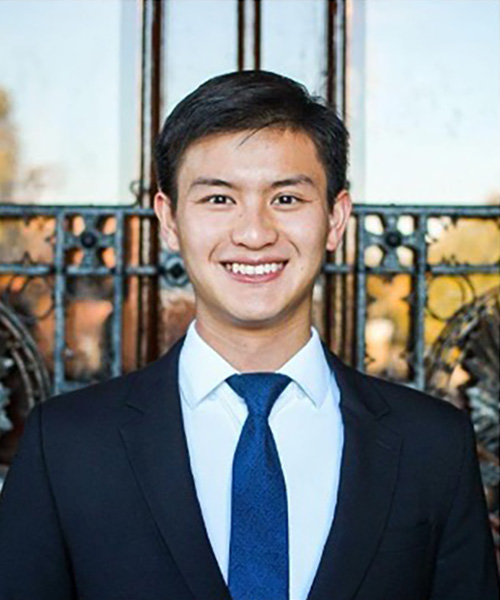
Bennie Chang | May 15, 2025

Aanika Veedon | May 15, 2025

Luke Hughes | May 15, 2025
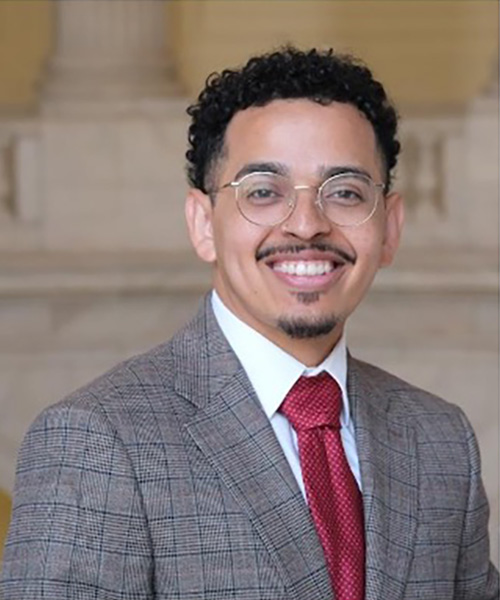
Daniel Castro Bonilla | May 14, 2025

Emmy Ekstrand | May 14, 2025

Isabella Stratta | May 14, 2025

Lam Tran | May 14, 2025
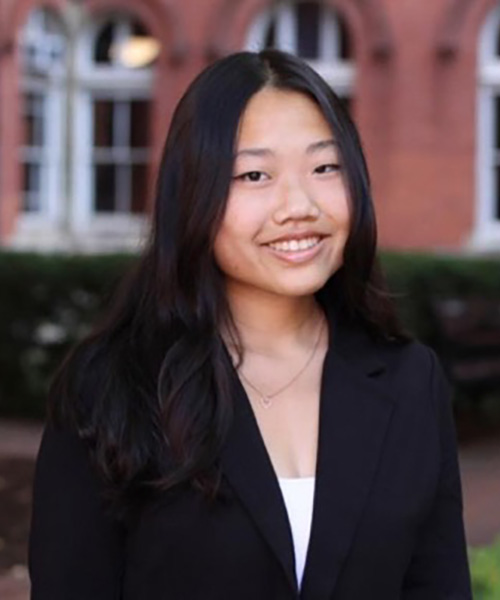
Maggie Yang | May 14, 2025

Tiffany Cowan | May 14, 2025
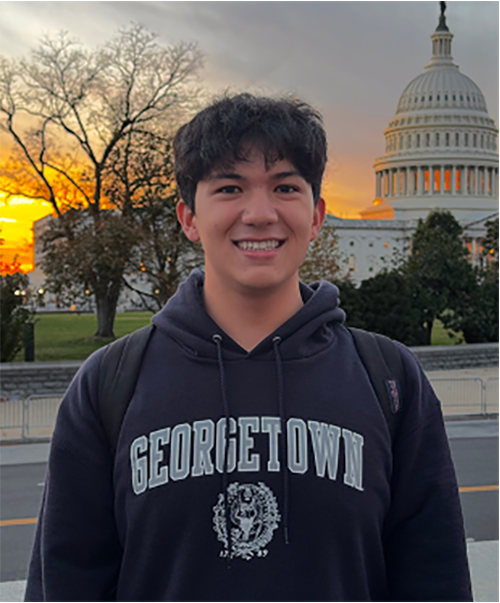
Patrick Coggin | May 14, 2025

Raghav Akula | May 14, 2025